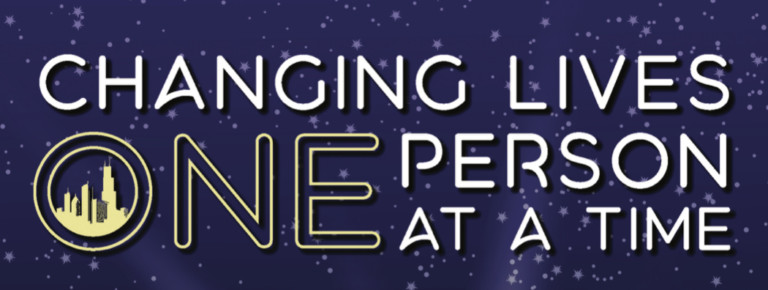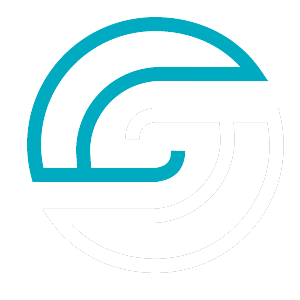By Al Schwartz, CARPLS Executive Director
CARPLS is the largest provider of free legal services in Chicago, and we believe that no one should have to bear their legal issue alone. When you call CARPLS, you directly reach an attorney. This is integral to civil legal aid, especially when people are isolated physically and emotionally because of the COVID-19 pandemic.
We see ourselves as the center of a hub-and-spoke model for a successful legal aid network. At this point, CARPLS resolves 85% of all client issues in-house with one phone call and refers 15% of cases to appropriate partners within our legal aid network. Through our hotline, we also divert thousands of client cases away from the overburdened courts each year.
Our investment in technology in the past two decades supports our access to justice philosophy, and we believe that the civil legal aid network in Chicago, Illinois, and across the U.S., will become more streamlined if we embrace and coordinate technology at an exponential level.
CARPLS recently received a significant grant from the Illinois Equal Justice Foundation for a historic statewide Cannabis Expungement Grant program, funded by the passage of the Cannabis Regulation & Tax Act in 2019 by the Illinois General Assembly. Through this program, we are in the process of developing an online multi-channel entry point for Illinoisans seeking relief for cannabis arrests and convictions. Our staff will determine eligibility for conviction relief, refer eligible individuals to network members through an online portal we’ve designed, and provide guidance for those seeking to represent themselves. The online portal connects our network members around the state to ensure a streamlined experience for those seeking assistance.
It is an understatement that this portal will address a massive need in our society, statewide and across the U.S. The Pew Research Center found that in 2018, 40% of U.S. drug arrests were for cannabis offenses, mostly possession. And according to the ACLU, despite “roughly equal usage rates, Blacks are 3.73 times more likely than whites to be arrested for marijuana.” More states are legalizing marijuana, and some are looking into expungement and pardon programs. In Illinois alone, up to 770,000 residents may qualify for expungement, according to the Illinois Sentencing Policy Advisory Council.
While some states have pardoned thousands of low-level cannabis arrests and convictions, and some offices in California, for example, have set up hotlines to deal with the deluge of calls, this portal we are developing is a huge move in the same direction. By leveraging the technology for the network cannabis conviction portal, and similar projects, we can truly push forward into more equitable civil legal aid to reach the most people with accurate information, and give them the easiest means of getting started. We will also be able to put some power back into the hands of those affected. This self-advocacy can have a powerful domino effect in creating legal access and equity.
We look back to 1993 when CARPLS started as the first legal aid hotline in the country with a small staff and provided a few thousand consultations over the phone. Our hotline acted as a clearinghouse to connect anyone seeking legal help with other resources in the legal aid network. But it was immediately clear that one phone call could resolve a multitude of problems before our clients needed to see an attorney or go into court.
In 2013, CARPLS moved its case and knowledge-management system to a customized version on Salesforce. At the time, we were looking at Salesforce as a way to integrate our internal systems on the cloud and create a more efficient tool for our lawyers. Because of this, we began providing more than 50,000 consultations consistently on an annual basis from that point on, and we’ve only been growing each year. It was a seismic shift in the way we approached and delivered our services to clients. And, it provided us a vehicle to better work with our partners going forward in ways we couldn’t imagine.
In 2017, the State of Illinois looked to CARPLS to launch Illinois Armed Forces Legal Aid Network (IL-AFLAN) to help veterans, enlistees and their families address non-criminal legal issues in areas covering housing, family and consumer law. With the establishment of this program, we developed an online referral network that makes it easier for our clients to seamlessly connect with our partners through the start of one phone call. Many veterans become fatigued in finding services they need, often being sent from one referral to another. This program, the first of its kind in the country, ensured that no one was left behind and worked in an integrated, efficient fashion. In the program’s second year, for example, IL-AFLAN recorded an average cost of $207 per case, which is much less than the cost of cases served by the Chicago legal aid network.
We see now that our progress over the last decade is a national model for the way services can be more interconnected and inclusive in serving clients across many communities through better-coordinated technology. This principle is especially important with COVID-19 related services that are being administered by most states and municipalities. Communities of color have been disproportionately impacted by pandemic-related issues, for example, and we should all be working to combat that in legal aid.
CARPLS is also working to further expand its electronic referral system within the Chicago legal aid network, based on success we’ve had with the statewide veteran’s program. As part of the next stage of our technology growth, we began working on two different studies that will help us determine the impact of our services on our clients’ lives and how we can begin to address preventive measures. This will take us years to accomplish, but we believe this is the best way to determine how to reach as many people as we can across every community.
We know that effective legal aid is truly several parts of an expansive network working together for the benefit of our clients. In our 27 years, CARPLS has learned that reinforcing this removal of barriers to civil legal aid is the first, and most important step, in modeling legal aid at a systemic level. We already assist on 1 out of 4 legal aid cases in Cook County, so the magnitude of our projects could be monumental on our legal aid network if we implement this across our sector in a meaningful way. Together we can build a legal aid network for the 21st century.


